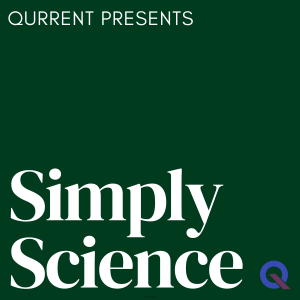
Tuesday Sep 24, 2024
Wang Zhonglin’s Move to China and New Asteroid Defense Strategies
In this episode, we discuss Wang Zhonglin's significant career shift as he leaves the U.S. to work full-time in China, marking a pivotal moment in nanotechnology. We also explore a groundbreaking study proposing a novel asteroid deflection method using X-rays from nuclear explosions. Plus, learn how to spot the bright comet Tsuchinshan-ATLAS, visible without a telescope for the first time in 80,000 years, and discover Brookline's innovative efforts to save its historic beech trees from disease.
Sources:
https://www.scmp.com/news/china/science/article/3279730/nanotechnology-pioneer-wang-zhonglin-leaves-us-work-china-full-time
https://www.foxnews.com/science/scientists-say-x-rays-from-nuclear-explosion-may-deflect-asteroids-from-earth
https://www.livescience.com/space/comets/bright-comet-tsuchinshan-atlas-will-be-visible-without-a-telescope-for-the-1st-time-in-80-000-years-here-s-how-to-see-it
https://brookline.news/how-brookline-is-using-new-science-to-try-to-save-its-beech-trees/
Outline:
(00:00:00) Introduction
(00:00:45) Nanotechnology pioneer Wang Zhonglin leaves US to work in China ‘full time’
(00:03:44) Scientists say X-rays from nuclear explosion may deflect asteroids from Earth
(00:06:58) Bright comet Tsuchinshan-ATLAS could be visible without a telescope for the 1st time in 80,000 years. Here's how to see it this week.
(00:09:40) How Brookline is using new science to try to save its beech trees
No comments yet. Be the first to say something!